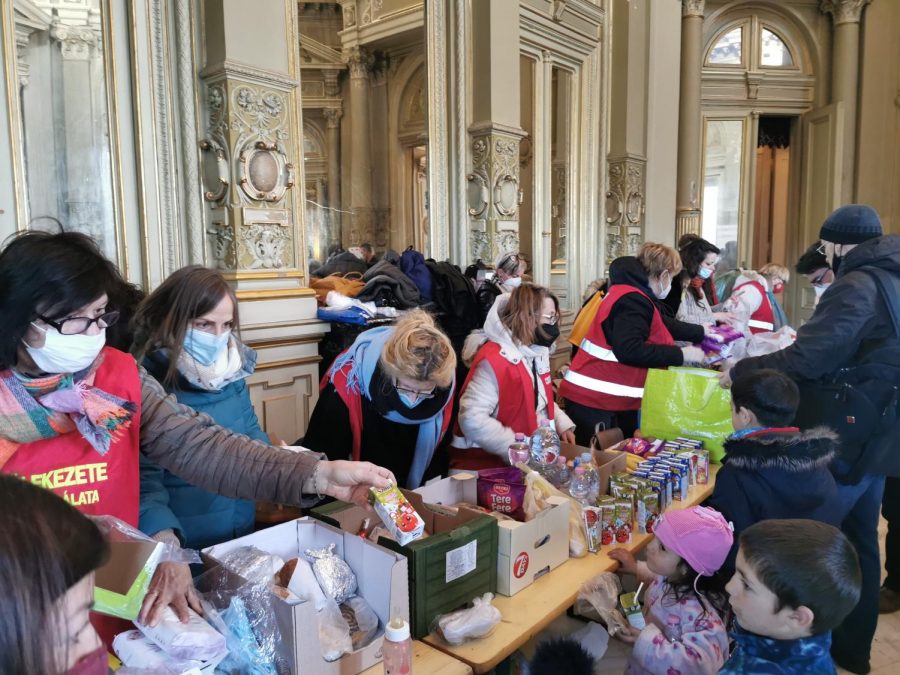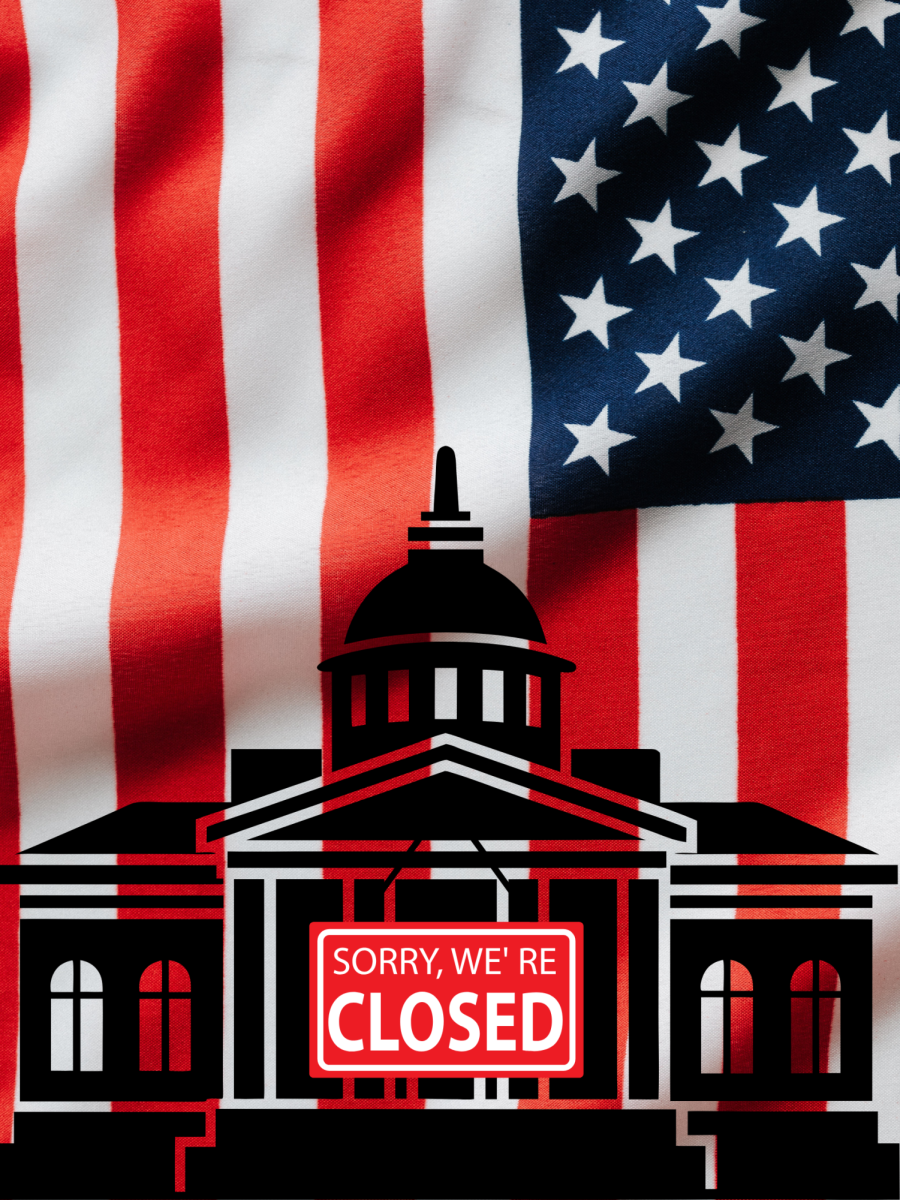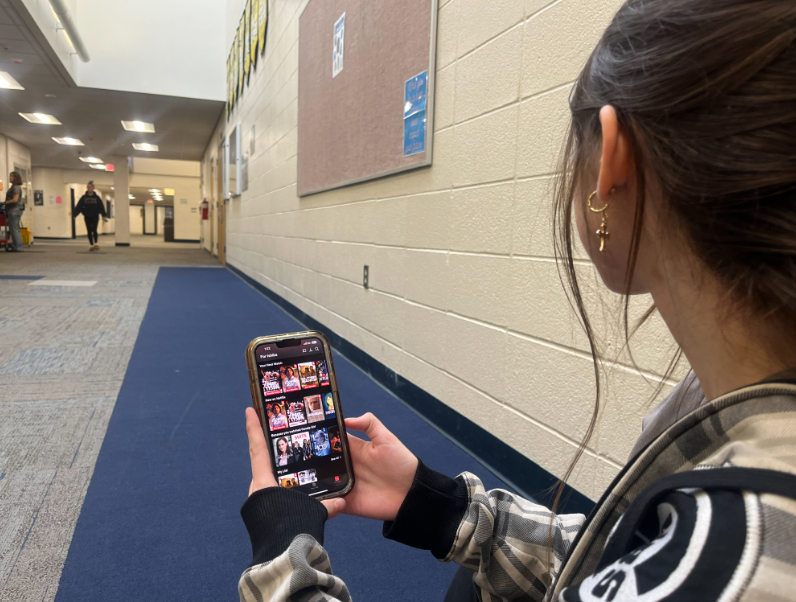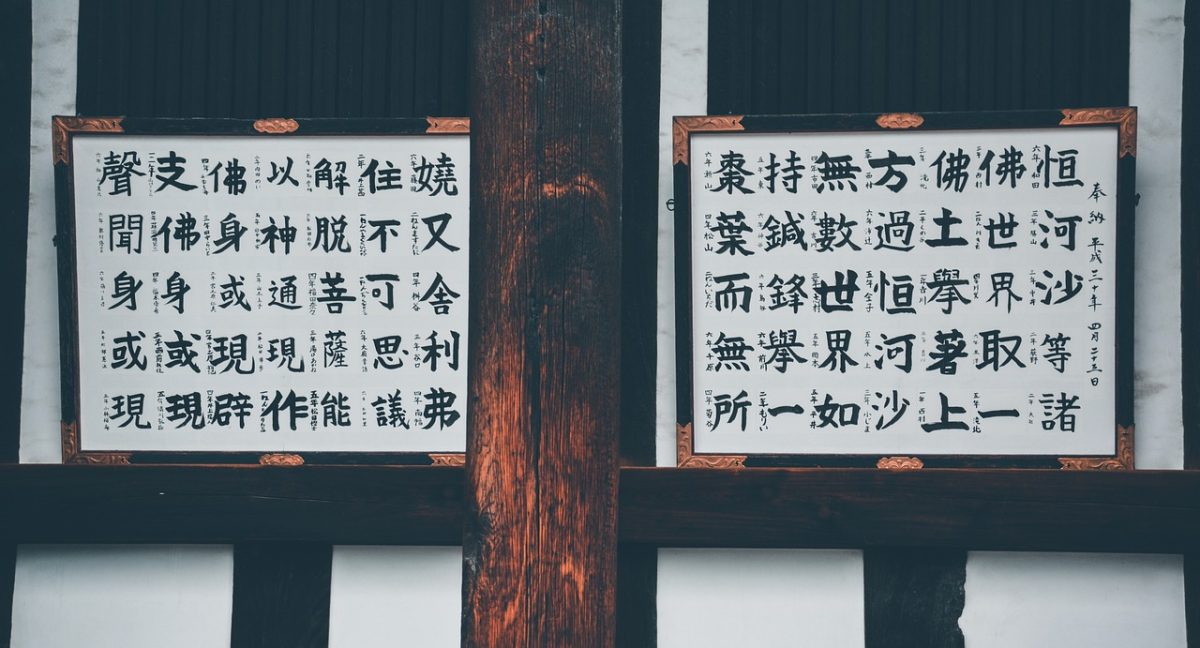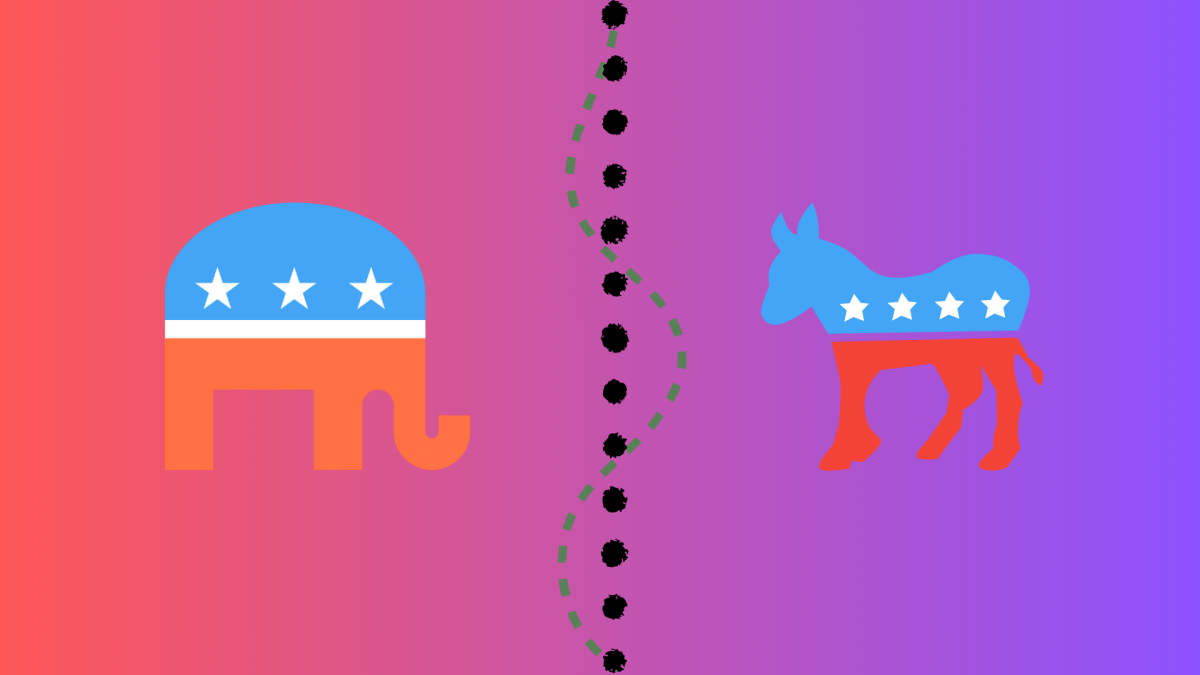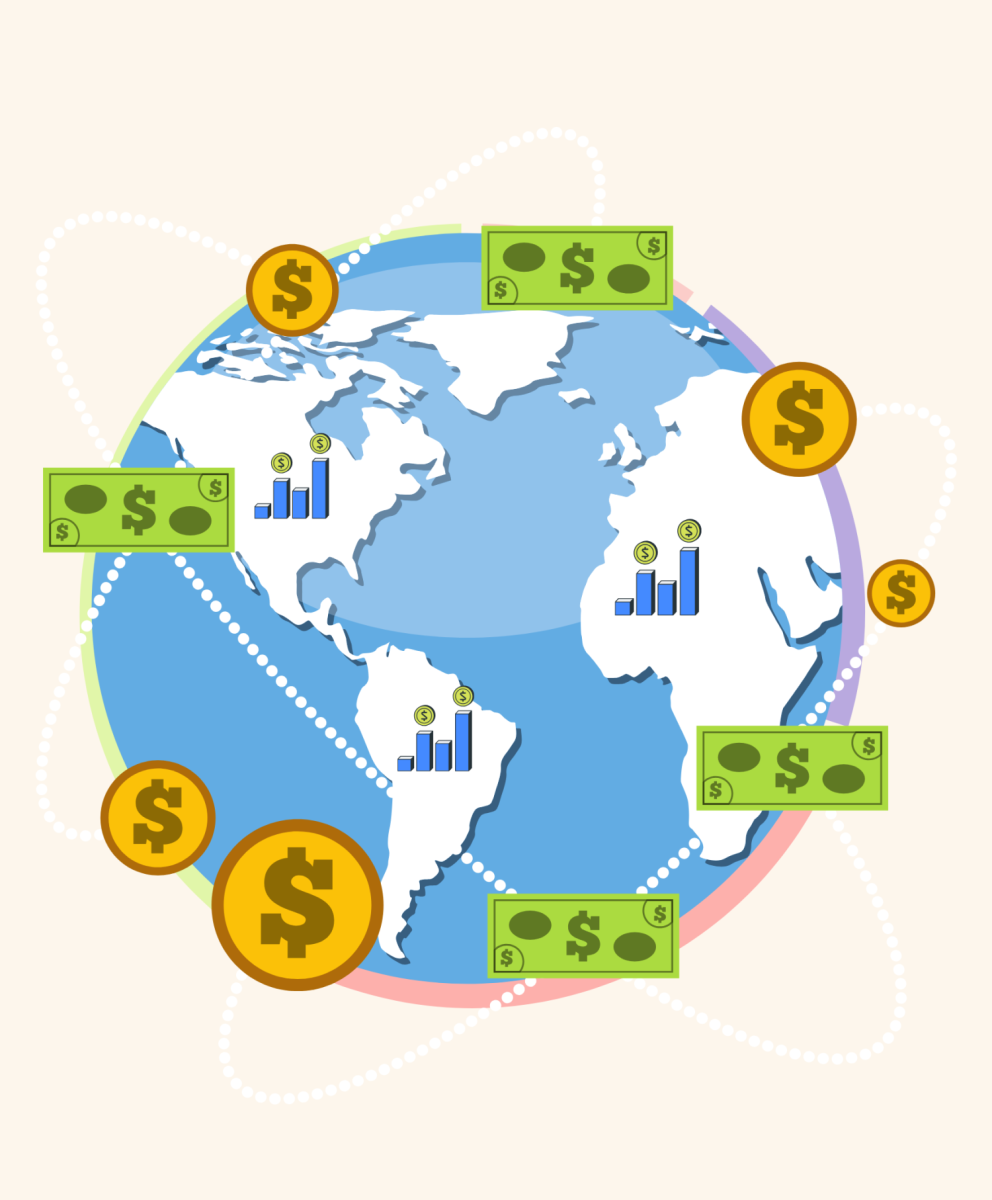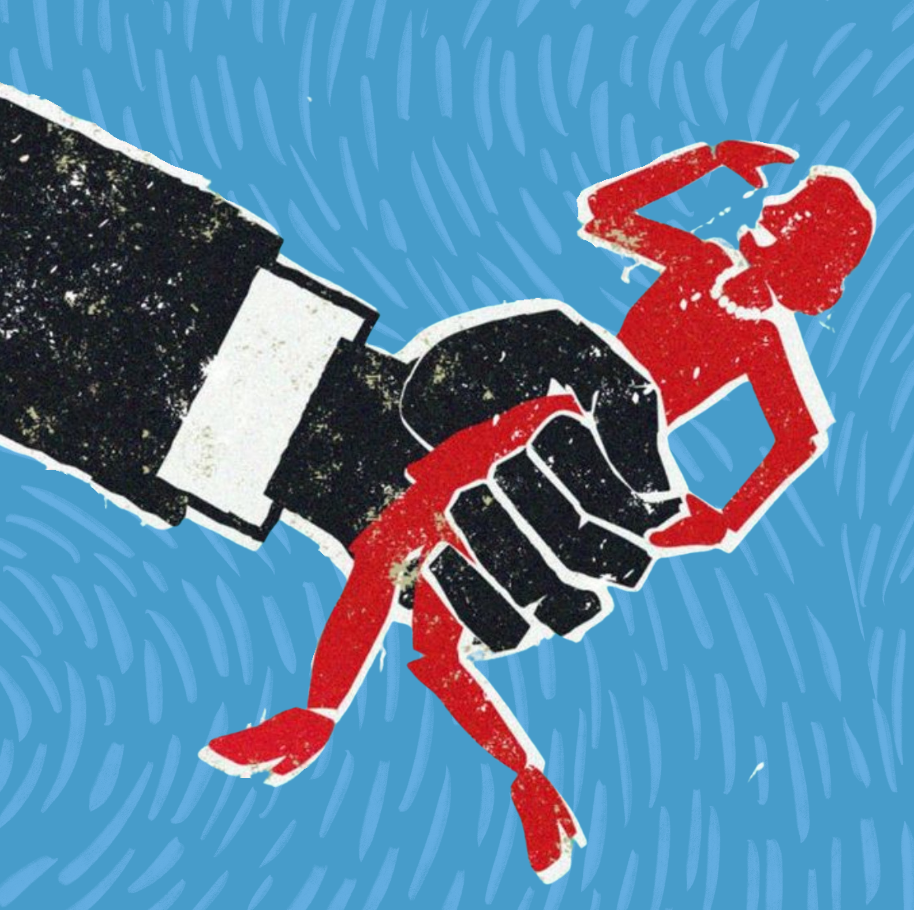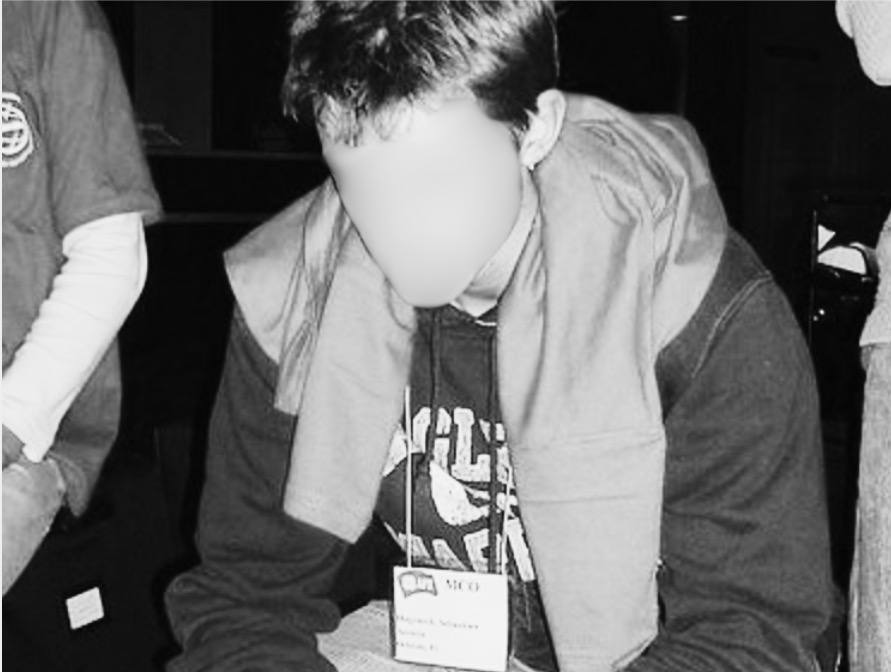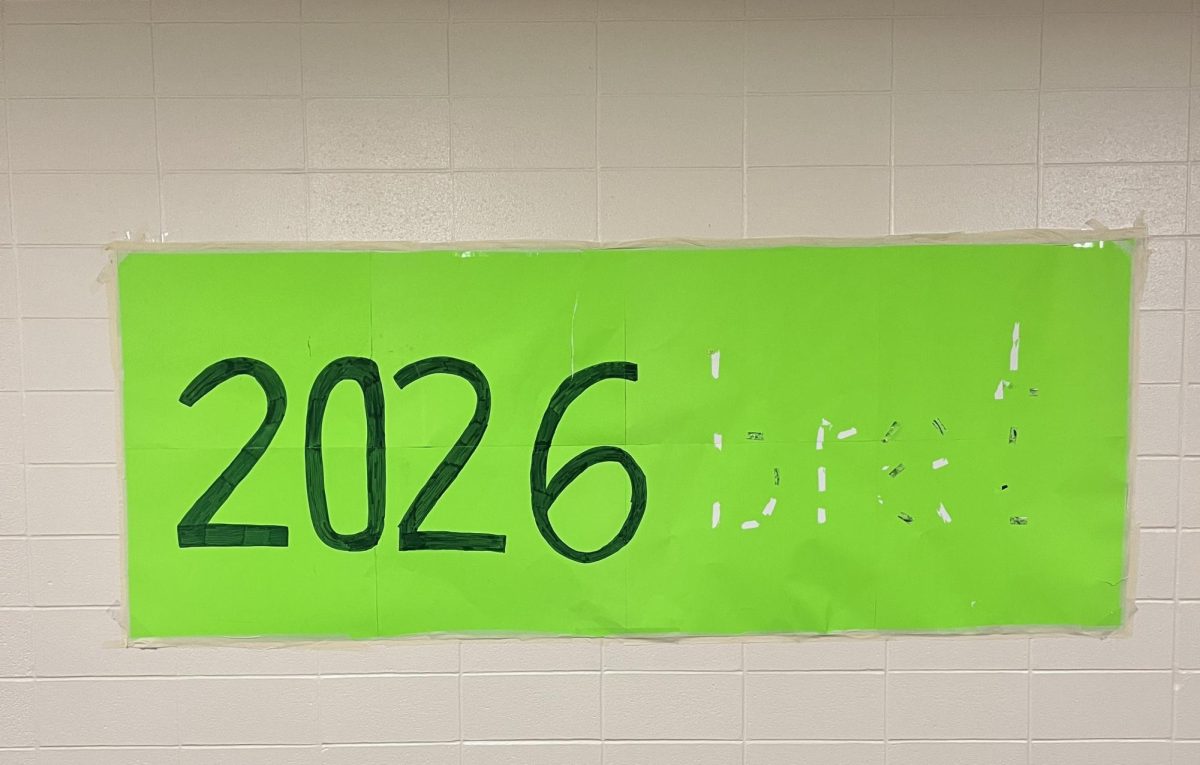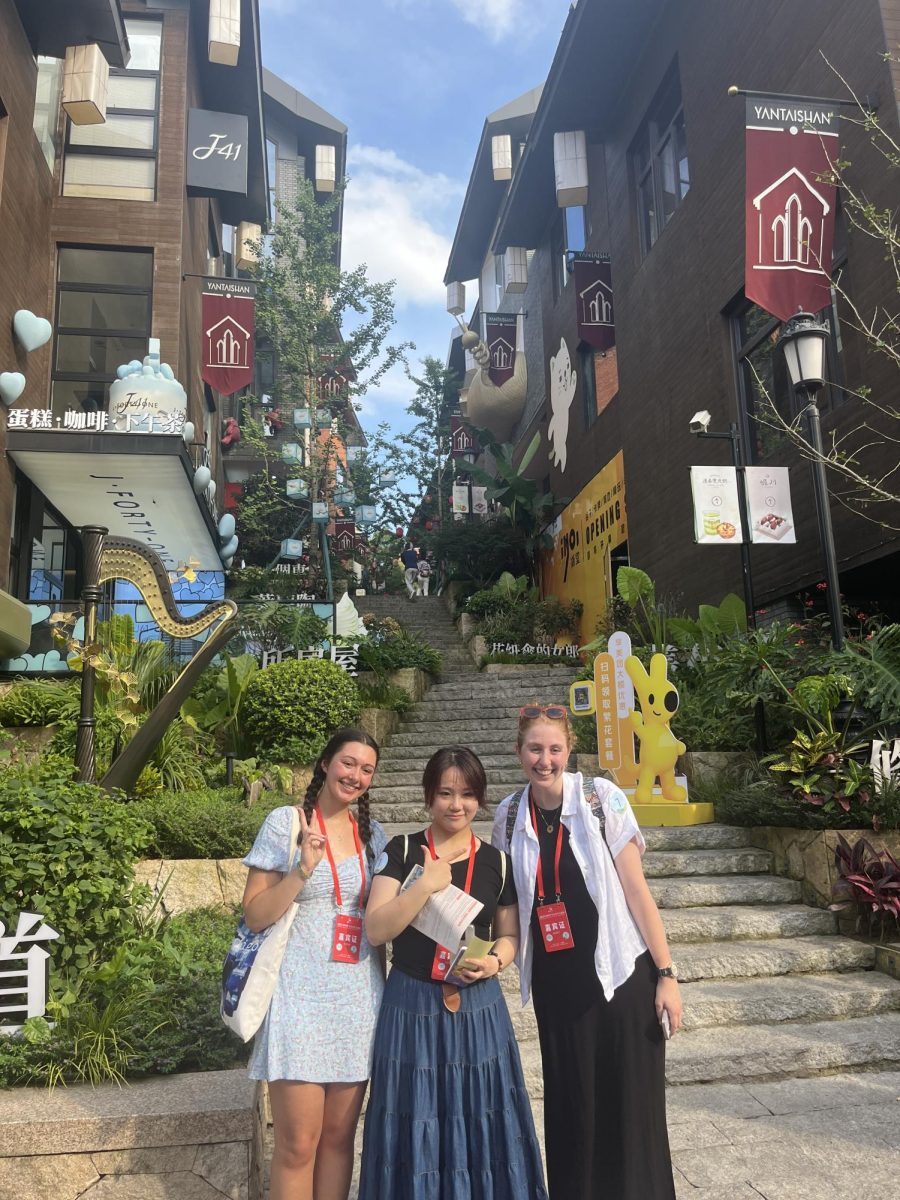The war in Ukraine is arguably the most important current moral struggle. This conflict has been broadcasted worldwide in an attempt to garner support for Ukraine, while also successfully exposing the Russian government to intense scrutiny. Yet coverage of the war has been saturated with severe racial bias, resulting in a dangerous and disappointing environment for people of color.
Hundreds of reporters have condemned this war not because of its inherently violent and oppressive nature, but because it is taking the lives of white people rather than those of people of color. The demography of Ukraine consists primarily of white Christians, whereas other conflict riddled regions, such as the Middle East and Africa, are inhabited by Brown and Black people of alternate faiths.
Due to Ukraine’s white majority and proximity to the great democratic West, many reporters are unable to grasp the idea that such a conflict could occur. CBS correspondent Charlie D’Agata stated on air when reporting from Kyiv, Ukraine, “This isn’t Iraq or Afghanistan…This is a relatively civilized, relatively European city.” D’Agata entirely vilified the wars endured in the Middle East, blaming them on some unknown, innate force of incivility plaguing the region and its people, rather than clearly identifying the source of political oppression.
PhD researcher Denijal Jegic also countered D’Agata’s statement to the Washington Post. “This implicitly suggests that war is a natural phenomenon in places outside of the Euro-American sphere, and the Middle East in particular, and that war would take place because of a lack of civilization, rather than due to unjust geopolitical power distribution or foreign intervention,” he stated.
War is unjustifiable when it kills fellow white Europeans, but commonplace when it kills people of color.
D’Agata later released an apology for his comments, but he is not the only reporter spreading this slanted perspective.
An op-ed in the Telegraph by conservative politician Daniel Hannan clearly differentiated this particular situation of need in Ukraine to other sovereign regions. “[Ukrainians] seem so like us. That is what makes it so shocking. War is no longer something visited upon impoverished and remote populations. It can happen to anyone,” he wrote. The world has become so desensitized to war that it is expected in impoverished and remote regions only.
Lucy Watson from ITV News was visibly distraught when discussing this conflict and its impacts. “Now the unthinkable has happened to [Ukrainians], and this is not a developing, third world nation, this is Europe.” In other words, this message conveys that war and violence is justifiable and normalized until it occurs in Europe.
This polarizing message devalues the lives of thousands of people of color, who have endured severe wars that are transformed by Western media into trivial conflicts solely because of their darker skin. It has become so normalized to kill non-Europeans that war raging in the Middle East or Africa is no longer shocking. Yet, as a myriad of news stations have revealed, war in a white nation is blasphemous. As Ukraine’s deputy chief prosecutor David Sakvarelidze told BBC, “It’s very emotional for me because I see European people with blue eyes and blonde hair being killed.” Unless one looks like a Ukrainian, with blond hair and blue eyes, war, suffering and genocide is passed by the public and media.
These potent messages are spreading through media to create a more polarized and divided society while simultaneously revealing a severe double standard faced by people of color. Many European countries, previously reluctant to accept Syrian, Iranian and Afghan refugees, have now openly welcomed Ukrainians into their nation.
What is the disparity?
NBC correspondent Kelly Cobiella revealed what changed Poland’s attitude towards refugees, particularly since the last refugee crisis of 2015 when Middle Easterners were scrambling for aid. “Just to put it bluntly, these are not refugees from Syria, these are refugees from neighboring Ukraine. That, quite frankly, is part of it. These are Christians, they’re white, they’re very similar people,” she stated.
This is an extremely devaluing message to all people of color and refugees of non-Christian faiths. Junior Arissa Khan relayed her reaction towards this appalling behavior faced by Middle Eastern refugees. “I find it really upsetting and infuriating because for decades, immigrants have been coming to European countries and the US from the Middle East for help, and they have been treated like garbage because of the way they look and the place that they come from,” she stated. “But as soon as Ukraine is under the same kind of attack, it is a totally different story because the people there, as reporters have said, are white, majority christian and look middle class.”
Khan is a second generation immigrant from Pakistan. She has fortunately eluded racism in her life but credited it to her young age and lack of exposure to various regions. But Khan’s parents, immigrants from Karachi, the southern stretch of Pakistan, have not been so lucky in evading racism in the US. “My parents faced a lot in the early 2000s, especially due to 9/11. My mother’s maiden name is Hussain, so that incited a lot of negative treatment in the US,” Khan stated.
The explicit double standard set in favor of Ukrainian refugees, a white majority, is extremely disruptive to the hundreds and thousands of refugees of color around the world. These refugees struggled immensely to maintain a stable position yet have been treated horribly in the US and Europe; a stark comparison to Ukrainian refugees who are welcomed with open arms.
Khan verbalized the chasm of treatment separating Ukrainians and other refugees. “[Ukrainians] are not being treated as terrorists; they are being treated as brothers and sisters who have been through a lot of suffering,” she said. This substantial double standard affects not only refugees worldwide but also hundreds of refugees in the Quad Cities, making the issue close to home. This hostility from the media exudes a disparaging message for millions of refugees of color across the globe.
Junior Leila Assadi also expressed similar racist treatment experienced by her family. Assadi’s father was born in New York but spent his childhood growing up in Iran. Upon returning to the US, he faced discrimination that unparallels the situation in Ukraine. “My dad has talked to me about his experience coming back to the US. He left Iran at the start of the Iranian Revolution,” Assadi revealed. Accompanying the Iranian Revolution was the Iranian hostage crisis, creating a tense political climate in the US. “There was already a lot of hate and anger directed towards Iranians in general, especially Iranians living in the United States. The contrast in the media is very showing of the racism that happens when people of color seek immigration,” stated Assadi.
This abhorrent media portrayal not only impacts refugees from the Middle East and Africa, but also Ukrainian refugees of color. Their status as citizens of a western European, primarily white nation is insufficient to guarantee certain Ukrainians refuge if their skin is dark.
Ethnic minorities in Ukraine have reported being turned away from aid and safety in favor of white Ukrainians. This bigotry furthers the dehumanization of people of color and creates a tense and unfair atmosphere worldwide. The life of a person of color seems to have less value when faced with conflict, a categorically troubling conclusion.
The racism faced by people of color in the media can only be remedied by understanding then amending these intolerable practices. Assadi reinforced the importance of uplifting people of color. “This media presence makes people of color feel less important, like their lives matter less than white people seeking refuge. It is important to reconginize this and listen to people of color,” she said, “People need to realize it is not white people being affected by this discrimination, it is people of color, so they should listen to the voices of people of color.”
Western media has depicted the Ukrainian crisis as significantly more tragic than thousands of other conflicts occuring in ethnic regions: the Middle East and Africa. This disparity is a disheartening and devaluing awakening for people of color across the globe as their struggles are diminished. But that does not mean the conflict in Ukraine should be downplayed or the suffering of Ukrainians trivialized. This conflict is of severe moral importance and deserves to be scrutinized by the public and the media without deprecating the struggles of people of color.


